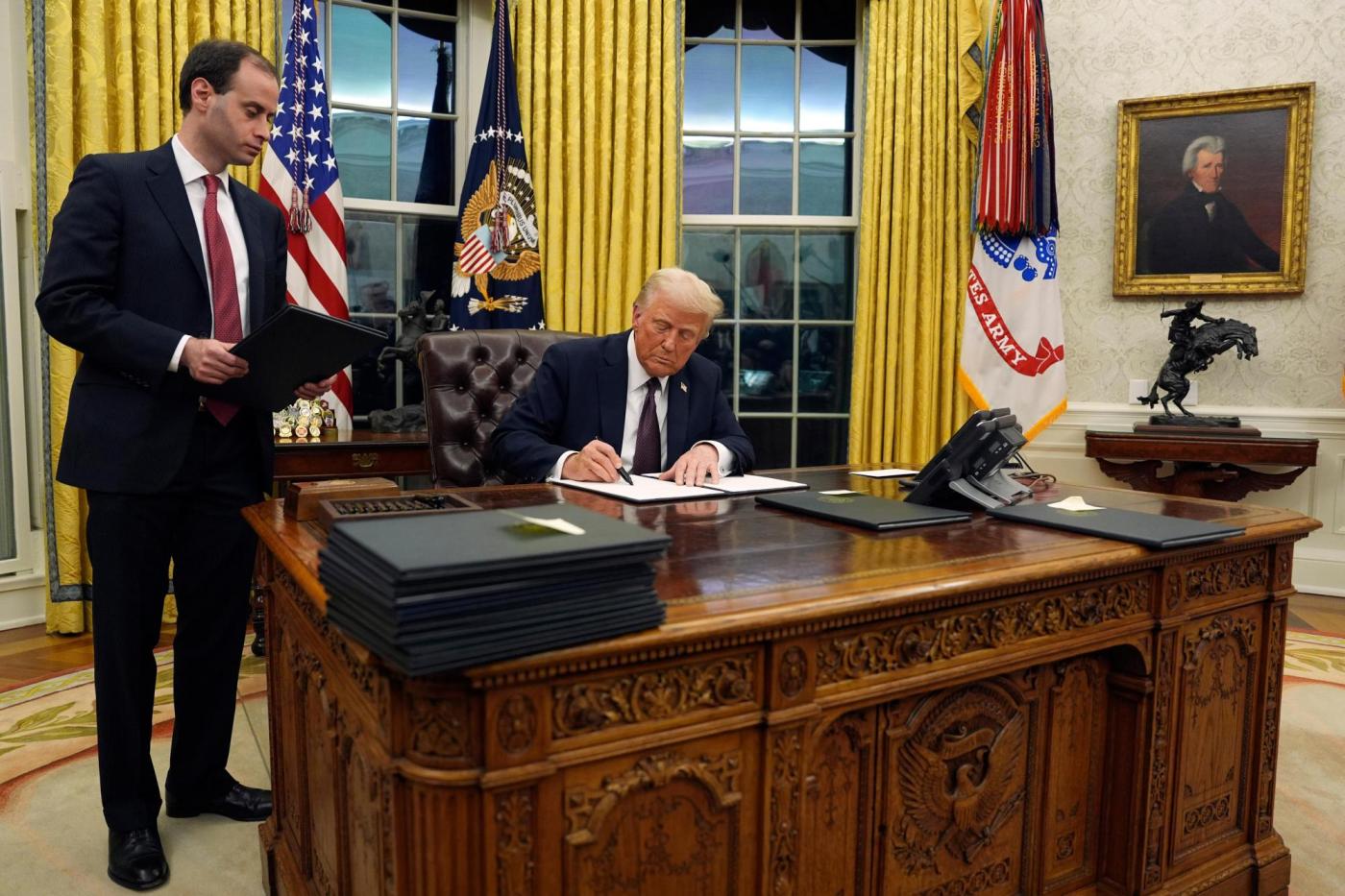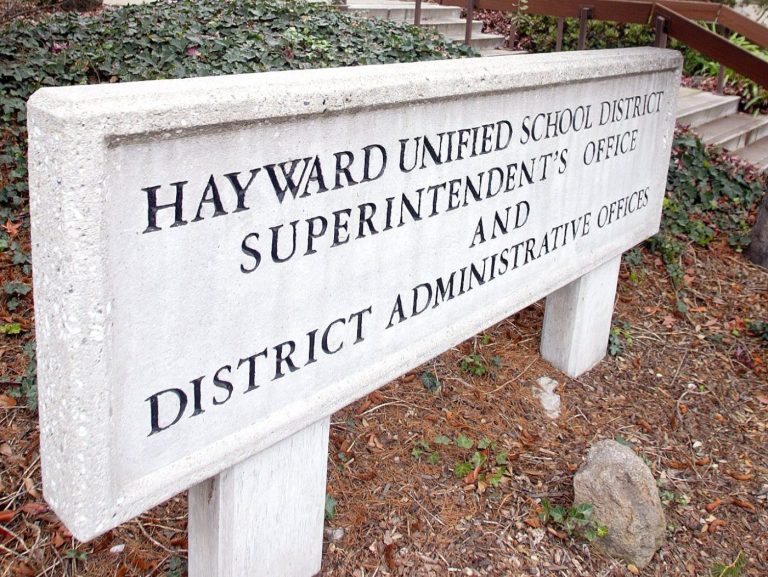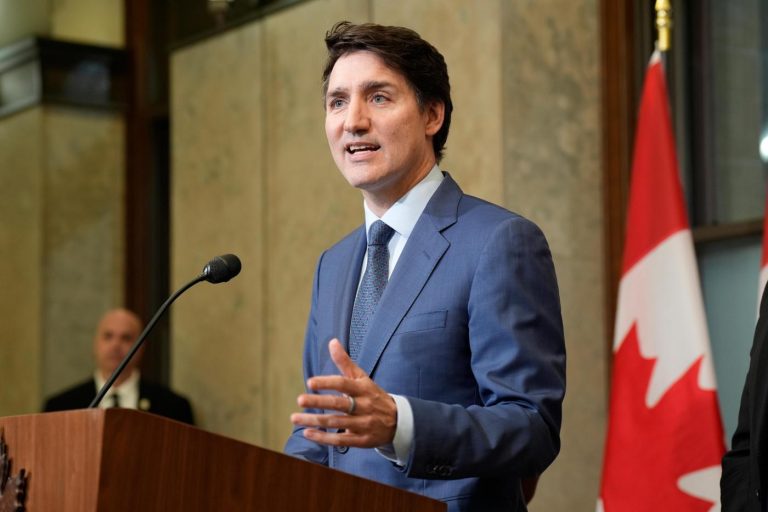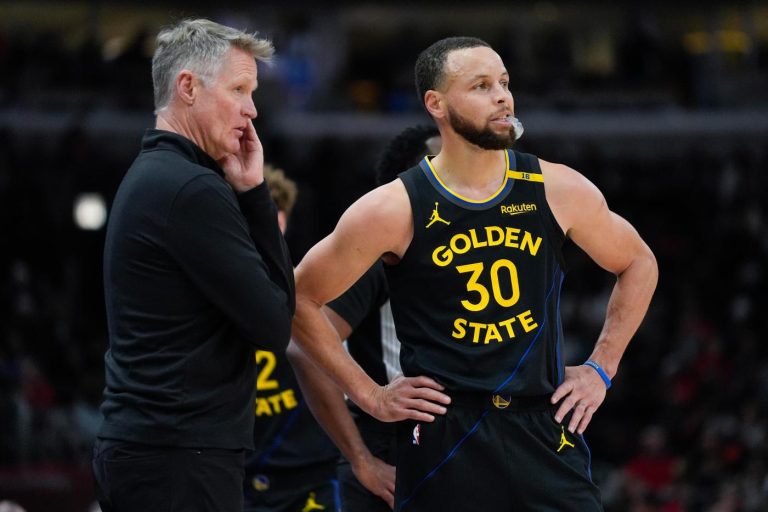By MIKE STOBBE, Associated Press
NEW YORK (AP) — U.S. public health officials have been told to stop working with the World Health Organization, effective immediately.
A U.S. Centers for Disease Control and Prevention official, John Nkengasong, sent a memo to senior leaders at the agency on Sunday night telling them that all agency staff who work with the WHO must immediately stop their collaborations and “await further guidance.”
Experts said the sudden stoppage was a surprise and would set back work on investigating and trying to stop outbreaks of Marburg virus and mpox in Africa, as well as brewing threats from around the world. It also comes as health authorities around the world are monitoring bird flu outbreaks among U.S. livestock.
Related Articles
Can mold exposure cause Parkinson’s disease? Colorado family hopes to prove “landmark” legal case
The CIA believes COVID most likely originated from a lab but has low confidence in its own finding
Wind-blown avian feces may be route of transmission for bird flu, infectious disease expert warns
As states diverge on immigration, hospitals say they won’t turn patients away
Independent pharmacies know their communities. But many are struggling to stay open
The Associated Press viewed a copy of Nkengasong’s memo, which said the stop-work policy applied to “all CDC staff engaging with WHO through technical working groups, coordinating centers, advisory boards, cooperative agreements or other means — in person or virtual.” It also says CDC staff are not allowed to visit WHO offices.
President Trump last week issued an executive order to begin the process of withdrawing the U.S. from WHO, but that did not take immediate effect. Leaving WHO requires the approval of Congress and that the U.S. meets its financial obligations for the current fiscal year. The U.S. also must provide a one-year notice.
His administration also told federal health agencies to stop most communications with the public through at least the end of the month.
“Stopping communications and meetings with WHO is a big problem,” said Dr. Jeffrey Klausner, a University of Southern California public health expert who collaborates with WHO on work against sexually transmitted infections.
“People thought there would be a slow withdrawal. This has really caught everyone with their pants down,” said Klausner, who said he learned of it from someone at CDC.
“Talking to WHO is a two-way street,” he added, noting that WHO and U.S. health officials benefit from each other’s expertise. The collaboration allows the U.S. to learn about new tests and treatments as well as about emerging outbreaks — information “which can help us protect Americans abroad and at home.”
A U.S. health official, who was not authorized to talk about the memo and spoke on condition of anonymity, confirmed the stoppage.
A WHO spokesperson referred questions about the withdrawal to U.S. officials.
Officials at the U.S. Department of Health and Human Services didn’t immediately respond to an emailed request for comment.
The Associated Press Health and Science Department receives support from the Howard Hughes Medical Institute’s Science and Educational Media Group and the Robert Wood Johnson Foundation. The AP is solely responsible for all content.












